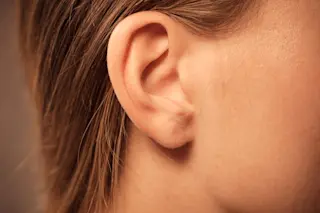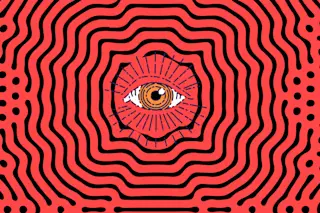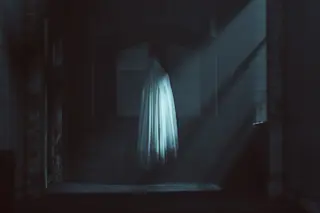Centuries' worth of anecdotal reports suggest that blind people hear better than the sighted, compensating for the sense they have lost. Recently, behavioral neuroscientist Franco Lepore of the University of Montreal conducted some experiments that confirmed that blind people are much better at pinpointing sounds than are sighted subjects. Lepore's team tested the ability of eight totally blind subjects to locate sounds that were piped randomly through 16 loudspeakers placed at ear level in a semicircle around each volunteer.
The brain normally performs this type of sound localization by processing differences between the two ears in both the arrival time of sound and its loudness. (The alteration of sound by the pinna, or outer ear, also plays a role. See "What's a Pinna For?") But surprisingly, when the blind subjects were asked to locate the sound source with one ear blocked, half of them still did so perfectly, even when ...














